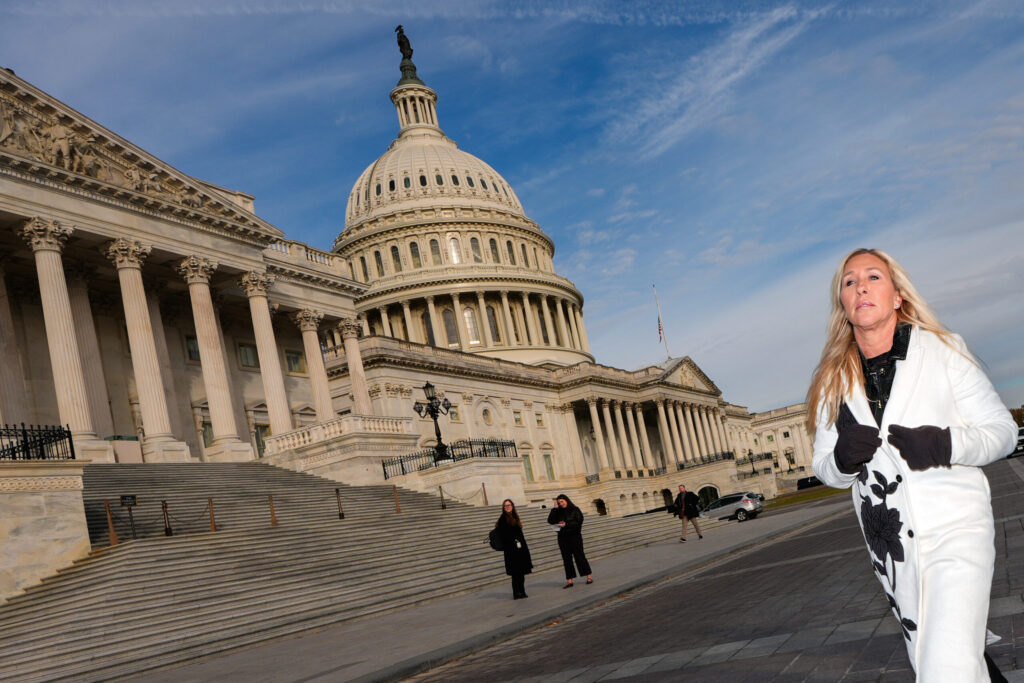The minimum wage has failed | COUNTERPOINT


Americans are struggling with inflation, and their wages aren’t keeping up. On that, I agree with my counterpart.
Unfortunately, the folly of our government possessing the ability to issue a “correction” when it comes to wages continues to be advertised as a viable policy solution, but that is pure illusion. Good intentions, combined with a lazy reliance on government coercion, have those on the left again considering tinkering with the mechanism of a “minimum wage,” to the detriment of those whom such a policy is aimed at helping.
When minimum wage policies are enacted, those who lack foundational job skills and a proper education are the first ones to be let go (or have their hours reduced). Reinforcing this, a study from researchers at the University of Washington examined Seattle’s then-recent minimum wage increase and found low-income workers ($19-per-hour and under) had a drop in their hours of 9.4%, representing some 3.5 million hours of work. The bulk of analysis on minimum wage laws has shown employment is reduced with an increase. The U.S. Department of Labor’s analysis of the first federal minimum wage law in 1938 showed at least 10% of those affected by the law lost their jobs.
Also read: Policy action necessary on wages | POINT
For those who are searching for a job? How will that task be made any easier by artificially increasing their labor cost further?
We hear of the impending threat artificial intelligence and automation have on low-income workers, but do we not consider such technologies will now be even more desirable as the cost of labor increases?
More important than any studies, numbers, data or statistics, however, is the question of whether or not government should get in between the employer and employee when it comes to wages. Individuals are within their rights to turn down a job if they believe the compensation offered is too low, and businesses are free to collapse if they cannot pay employees enough to want to work there. This freedom to enter into a contract between both parties is essential to our nation’s free enterprise system.
It is not politically advantageous for any politician to outwardly advocate for abolishing the minimum wage, but policymakers should certainly be cautious with any efforts to increase it further. The minimum wage has succeeded in just one thing: stepping on the fingers of anybody with their hands grasping the bottom rung of the employment ladder and sawing it off for anybody reaching toward it.
Elected officials should instead focus on fixing our abysmal education system to ensure graduates depart with a skill set that can translate to careers – whether that be via college preparation or technical training. They should focus on ending restrictive housing regulations that drive up the cost of apartments, condos and single-family homes. They should focus on making it easier for small businesses to hire new employees, not more difficult.
It seems like a simple solution to just “correct” the minimum wage to reach a “living wage,” but for those who will be priced out of the labor market, what sort of living did we have in mind?
Sage Naumann is a conservative commentator and strategist. He is vice president of communications at 76 Group and was previously the spokesman for the Colorado Senate Republicans. Follow him on Twitter @SageNaumann.













